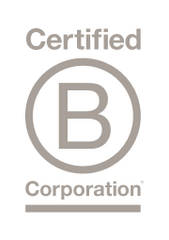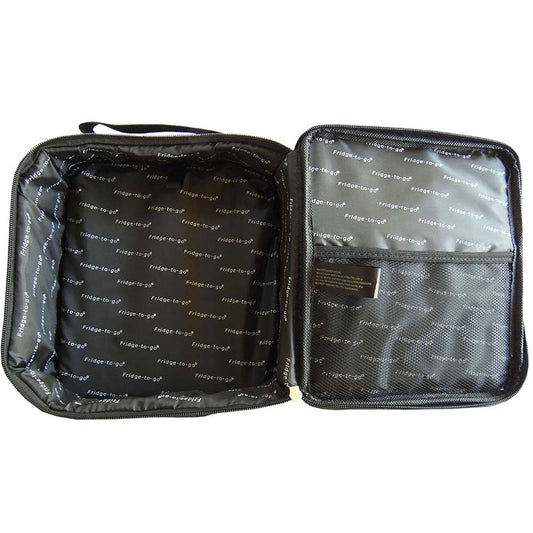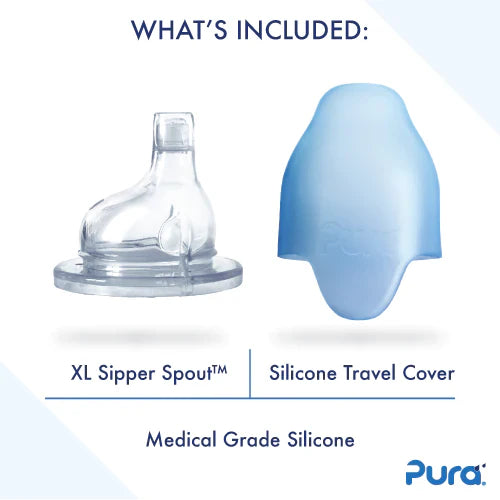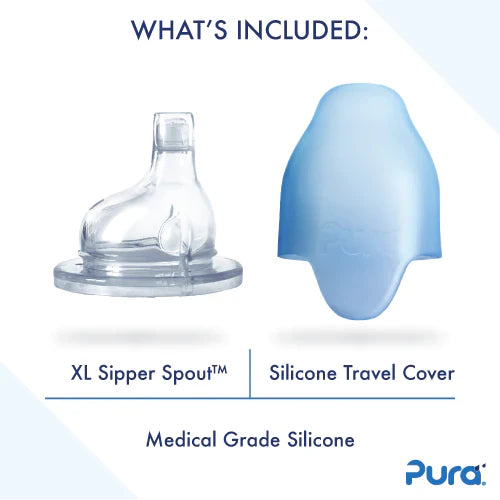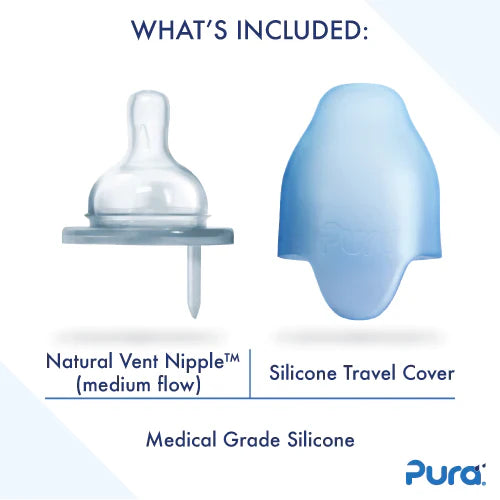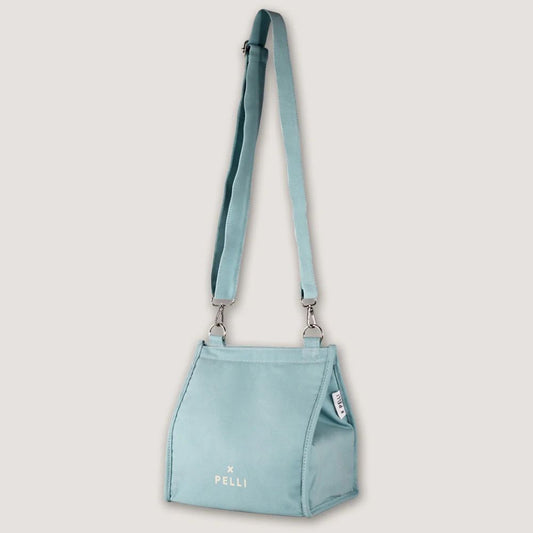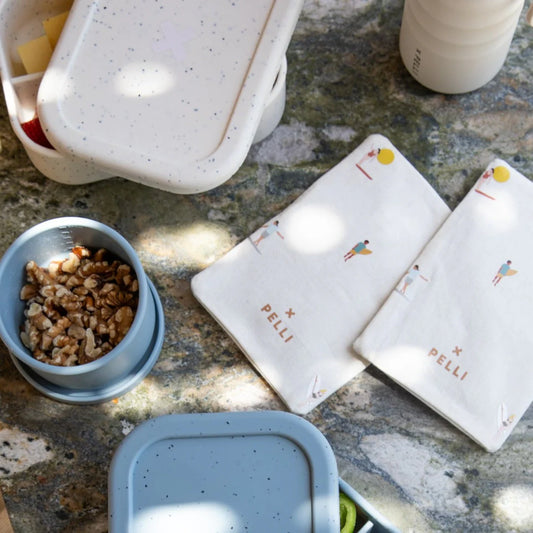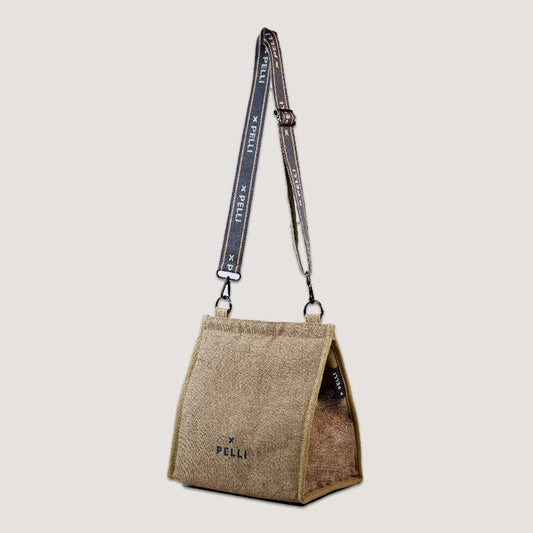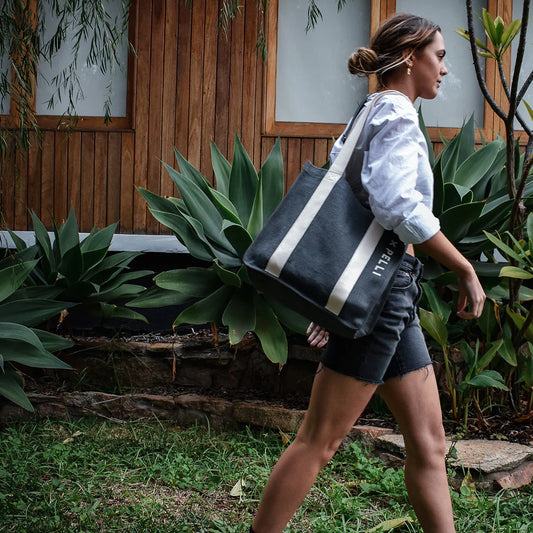
Have you heard about the Plastic-Free movement? It is born out of the growing concern over the environmental and health risks associated with society's reliance on plastics, particularly single use plastics. As has been well documented, plastic production requires massive amounts of petroleum - it takes 17 million barrels of oil a year to make enough water bottles for the US market alone. It also requires more water to produce disposable water bottles than it does to fill them. Plastics are not only unsustainable in how they are made, they also aren't biodegradable and most plastics will never breakdown, creating landfill or ending up in our waterways. A plastic bag may only have a useful life for several minutes, but remain in the environment forever. There are also health problems associated with chemicals found in some plastics which can leech into food or drinks and be consumed by people. Plastics such as polyvinyl chloride, polystyrene and polycarbonate contain toxic additives including lead, phthalates and BPA, all of which have been associated with a variety of health problems. While it might seen challenging to imagine a life free from all plastics, there are simple steps you can take to reduce the amount of plastics that you use in your every day.
Find Your Suppliers
Moving towards a plastic-free life requires some preparation, as you begin to evaluate how much plastic you are using and sourcing non-plastic alternatives. Start by researching for local suppliers who can accommodate your plastic-free requests. This may be a farmers market stall that lets you buy meat and cheese in reusable glass containers, a milk delivery service in glass bottles, a bulk food store for dry goods and somewhere to buy your other eco-essentials. For things around the home, our Plastic-Free page is a great place to start.
Refuse the Unnecessary
It is surprisingly easy to accumulate a lot of plastic throughout the day without even realising it. Learn to say no to single use plastics including straws, plastic bags, plastic cutlery and free samples that contain plastic. Avoid taking mini bottles of shampoo and conditioner in hotels, or heavily packaged items from the mini bar. A good rule is to try to avoid single-serve anything, as buying bulk saves on plastic packaging.
BYO Everything!
Revamp Your Bathroom Cupboard
An easy way to start eliminating plastics from your home is to begin replacing used items with plastic-free alternatives. Your bathroom is a great place to put this into action as there are so many easy, non-plastic swaps to make. Your plastic disposable toothbrush can be swapped for a bamboo one, look for skin care and deodorant in non-plastic packaging or learn to make your own (
we have a book with lots of homemade beauty recipes).
Soap,
shampoo and conditioner can be replaced with nourishing bars, avoiding plastic packaging altogether. You can swap your plastic, disposable razor with a reusable
safety razor, which you can use endlessly. Definitely try to avoid any product with plastic microbeads, as these have very severe environmental consequences. If in doubt,
a jar of coconut oil is an all-round beauty saviour - you can use it as makeup remover, moisturiser and lip balm.
The Little Things
Plastic is everywhere, even little places you don't expect. As you move through your plastic-free journey, you will come to find more and more small ways to eliminate plastics. Here are some suggestions: - Buy wine with real corks rather than plastic stoppers or metal screw caps (which can contain BPA in the lining.) - Avoid chewing gum (which can be made from polyvinyl acetate, a plastic) or
try the natural alternative - Be careful about teflon or non-stick cookware as the surface begins to deteriorate at high temperatures releasing gases that can be lethal to birds and cause flu-like symptoms in people. Try
Neoflam for a safe, non-stick alternative - Instead of disposable plastic pens, try a refillable fountain pen or simply switch to pencils - Before using cling wrap to store food, try r
eusable glass or stainless steel containers,
beeswax wraps or simply put a plate on top of a bowl. There are so many more ways to reduce plastics in everyday life. What are your plastic-free tips?
Save

